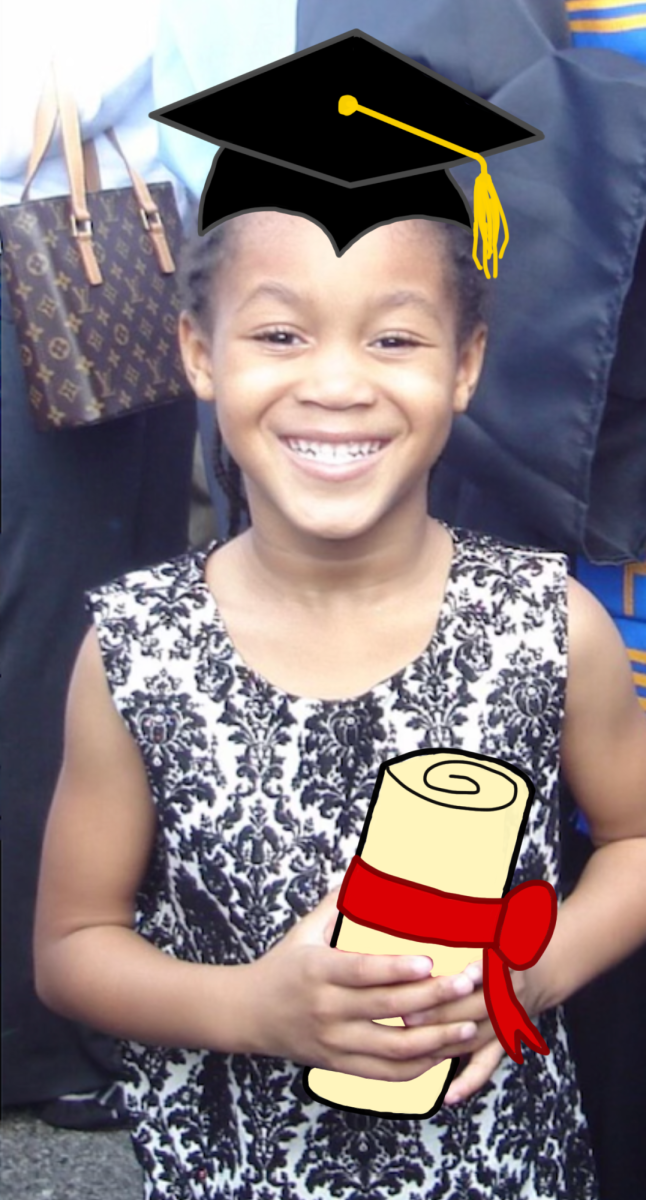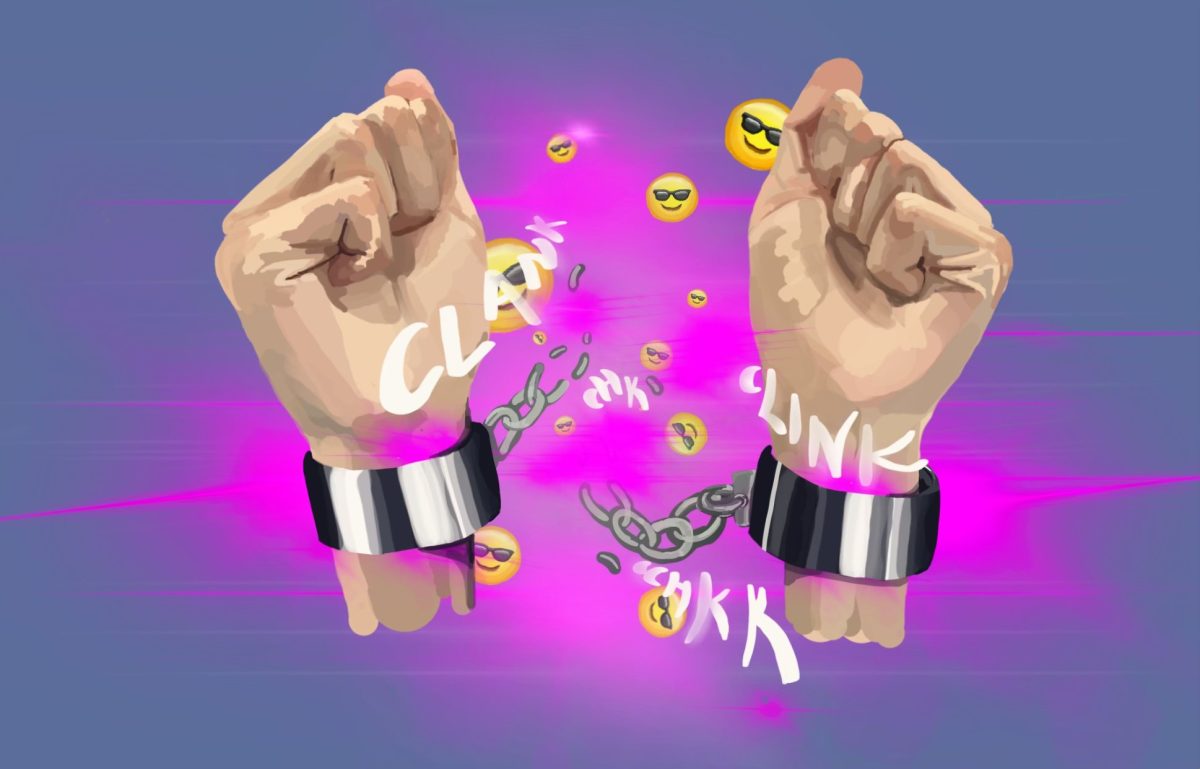When we watched the sunrise on the day after we graduated high school, my best friend and I wondered aloud why people were hugging and crying. To us, it was unquestionable that we’d remain close when we went to our different colleges. There was no need to even say good-bye.
In high school, we would go to restaurants and talk over the food, then talk as the food was taken away, and then, worried that we were being rude filling a booth for so long, sit on the sidewalk in front of the restaurant and talk some more. In a hybrid philosophy-literature course we took together in our senior year, we read Plato’s Phaedrus, in which the truly loving soul is described as a thing that sprouts wings—an image that heavily influenced how we described our friendship.
In many ways, we pursued a platonic ideal of friendship. Friendship seemed to exist not on the physical plane that we inhabited, but in a world constructed by our words and ideas. Our physical meetings—for lunch or video games—often felt like primitive prerequisites, only done to better facilitate our conversation.
I believed then that the physical distance of college would be only the smallest of obstacles to the continuation of this friendship.
But the ugly truth of my long-distance friendship—which is something that I find surprisingly hard to admit—is that I get annoyed with my best friend. When we instant message, there are many times when one statement will rub me the wrong way and then put me on the defensive for the rest of the conversation.
I hate that I’m so easily annoyed by the person I called my “friend for life” only last year. I think, “What’s wrong with her?” while wondering at the same time what’s wrong with me. Why is she so insensitive? And why am I so judgmental?
Further complicating the issue is that some of my relationships have been maintained just fine through instant messaging. I message my younger sister almost every day and tell her about my experiences so extensively that I feel compelled to save a log of our conversations to a document titled “Skype Diary.”
When I reexamine this Skype Diary, I discover small things that color the way my sister and I communicate with each other. Every comment, no matter how trivial, warrants a reaction—even if it’s just “lol,” “omg,” or, my sister’s favorite, “welp.” Delayed responses are accompanied by apologies and explanations, often something as simple as, “Oh, sorry, missed these messages,” or even, “Oh, I forgot about you for a while.”
I realized that these small comments are how we assure each other—constant reminders that we are both engaged in the conversation and care about what the other person has to say. Even the seemingly callous remarks—“welp” or “I forgot”—are comforting in a way, because we’ve known each other long enough to understand that those, too, are ways we express that we care. When I message my little sister, it’s as if I can hear her voice in my head.
These markers of assurance were missing from my text-based conversations with my friend. Rather than warm or natural, the tone of her messages often sounded flat and cold. I thought that this must be because she was less sensitive than my little sister, and cared less about what I had to say. But I had never perceived this problem when we were in high school. What made me notice this part of her only now?
The other night, I was having a text chat with my best friend; when the usual tension surfaced, I suggested we switch to video chat. After we switched, the conversation flowed much more smoothly. The first thing I noticed was the way she spoke: In text, her sentences were simply constructed, isolated, and cold, but the same sentence said into a webcam was embellished with qualifiers and an acknowledgement of subjectivity.
Much of the difference, though, was nonverbal. When I talked, especially about sensitive topics, she would nod her head in understanding, something that in text would have been rendered as cold silence. Body language, no doubt, plays a large role in all of our communications. The first message we send to our friends is often one that negates aggression—one that becomes tenderness.
I feel that this is reflected in our cultural understanding of body language. Think of some examples of body language and what they signal. Chances are the majority of elements on your list were examples of negative or aggressive body language, like “crossed arms = angry.” These are the statements that we are the most aware of because we strive to avoid them. Positive body language—whereby we show our interest and care for others—is less likely to occur consciously.
If I was only troubled by a feeling of disconnection from my best friend, I would have been fustrated, but I would have accepted the situation. What I couldn’t understand was why, when I talked to her, I often felt uncomfortable, and sometimes even threatened. My ability to communicate effectively with friends and family largely depends on how well they are able to translate their body language into verbal cues of comfort and understanding. It turns out that my little sister is very good at this (and perhaps it is no coincidence that she has a meepish, unassuming online personality), but my best friend isn’t. After I told her about my need for verbal assurance in the absence of physical communication, she remarked that I had never mentioned that particular need before. What I had judged as pure insensitivity, it turns out, came down mostly to a lack of communication.
For me, distance has brought into sharp relief the importance of the way we present our feelings to our friends, both near and far. Our modes of communication must be as sensitive and customizable as our relationships themselves.
Eleanor Hyun is a first-year in the College majoring in English.







